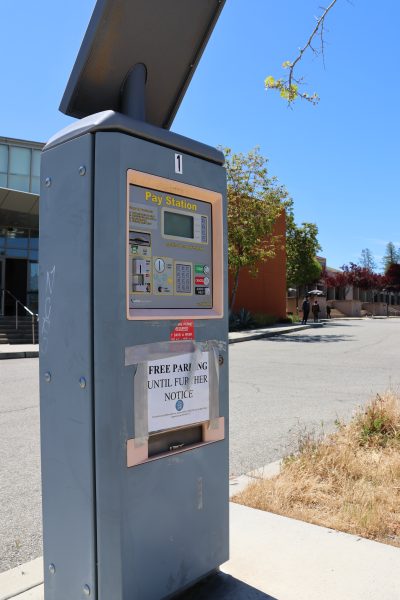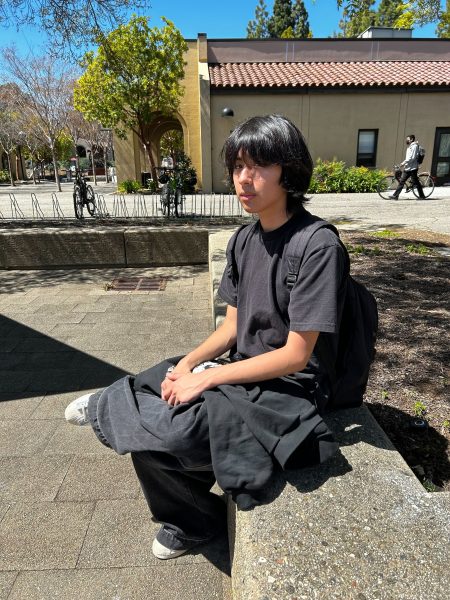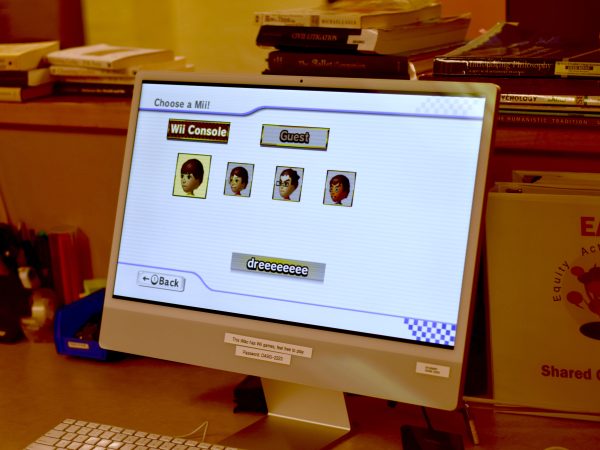De Anza does not need U.S. Bank, to be frank
Andrew Shinjo
Located in the heart of the De Anza bookstore, U.S. Bank has had a monopoly on De Anza College’s campus as the only financial institution for the past few years.

Last quarter, students protested the Dakota Access Pipeline by inviting credit unions to advertise their not-for-profit services.
Unfortunately, they were forced off campus because De Anza’s contract stipulates precisely that U.S. Bank has complete ownership of campus finance, even if other groups are able to provide better services for students.
With recent concerns among students over the ethics of U.S. Bank and the monopoly they impose on students, De Anza should end their contract with U.S. Bank, and allow other banking institutions on campus.
U.S. Bank, one of the “too big to fail” banks that was inevitably bailed out by the Feds, invested money into the Dakota Access Pipeline, with a total of about $350,558,456.
While U.S. Bank did eventually divest from the Dakota Access Pipeline due to public pressure — certainly a win for human rights and environmental activists — we should not forgive and forget their precedence of profit over the sanctity of the Missouri River, which serves millions.
As air pollution increasingly grows as a crisis, I would think it’s really a no brainer to never invest in dirty fossil fuels in the first place.
De Anza should at the very least allow other competitors like credit unions to promote their services, so that students can be exposed to a wide variety of options.
Credit unions are non-for-profit organizations that are owned and controlled by their members, a.k.a. people who use their services. Since credit unions are nonprofit, they tend to have higher interest rates on deposits, lower rates to borrow money, and fewer fees in general. Credit unions also focus a lot of their investing into their local community by funding education and the needs of small businesses.
Students deserve to know what services will benefit them the most financially, but students will not be able to find this information out easily if U.S. Bank can prohibit other banking institutions from being on campus.
U.S. Bank’s contract with De Anza is set to expire in another year, meaning that now, more than ever, we should seriously consider other alternatives. Already, plenty of college campuses, including mission, have credit unions on their campus.
But students must get the bank to willingly terminate the contract on their own.
Activists on campus need to raise awareness about the ethics of U.S. Bank among as many students as possible, and promote the benefits of credit unions who are not allowed to do it themselves.
If U.S. Bank realizes that it does not have a good reputation among students, profit motives will entirely cease, meaning they will have no reason to continue their monopoly here at De Anza.

Andrew Shinjo is a journalist, physics student and public policy advocate. In his spare time, he enjoys work as a semi-professional nature photographer....








